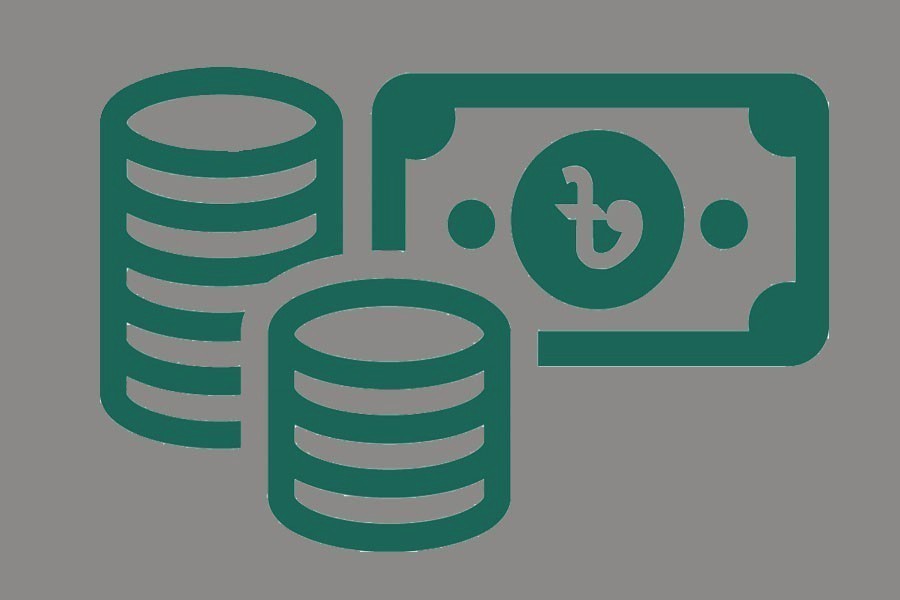Fuel-price hike would earn government an additional Tk 15 billion in revenue in the current fiscal year as one of the spinoffs, according to an official reckoning.
The revenue is estimated to be generated from value-added tax (VAT) at sale stage.
The VAT authority of the National Board of Revenue (NBR) estimates the revenue on the basis of collection in FY 2021-22, officials say.
While the government revenue board calculates extra revenue from costlier fuels, people already begin to count higher cost of living for multiplier impact of the price rise.
The NBR receives taxes of around 34 per cent both from import and sale stages of fuels.
However, there is no available projection yet on additional amount of import revenue from crude petroleum.
In 2020-21, the revenue board received Tk 75.99 billion in taxes from imports of petroleum products, customs data show.
Tax collection went up sharply in FY 2021-22 following uptrend in fuel prices on the global market.
In FY 2021-22, the government received Tk 108.22 billion worth of taxes both from import and local stages on import of all types of petroleum products, according to the customs data.
The exchequer received Tk 45.33 billion in VAT at the sales stage in FY 22.
However, VAT collection was Tk 33.68 billion and Tk 27.10 billion respectively in FY 21 and FY 20.
There was a debate over adjustment of taxes without increasing the fuel prices under current situation when people are struggling with inflationary pressure on living.
Responding to a question at a press conference Sunday, NBR chairman Abu Hena Md Rahmatul Muneem said the revenue board was yet to get any instruction from high-ups on reduction in taxes on petroleum prices.
Dr Ahsan H Mansur, Executive Director of Policy Research Institute (PRI), however, says tax cut on petroleum prices would not help ease government's financial crunch for budgetary support.
"It is about to shift money from one pocket to another," he notes.
The amount of subsidy may go down with the tax cut but it would not bring any impact on financial position, he says.
He mentions that industries get tax rebate on petroleum products so the impact of tax is not significant for them.
Dr Mansur, who had once served the IMF, thinks the government should have taken the decision on fuel-price hike earlier-and in phases-to offset financial pressure.
He suggests interlinking the fuel prices with the market and allowing the private sector to import petroleum alongside government entities.


